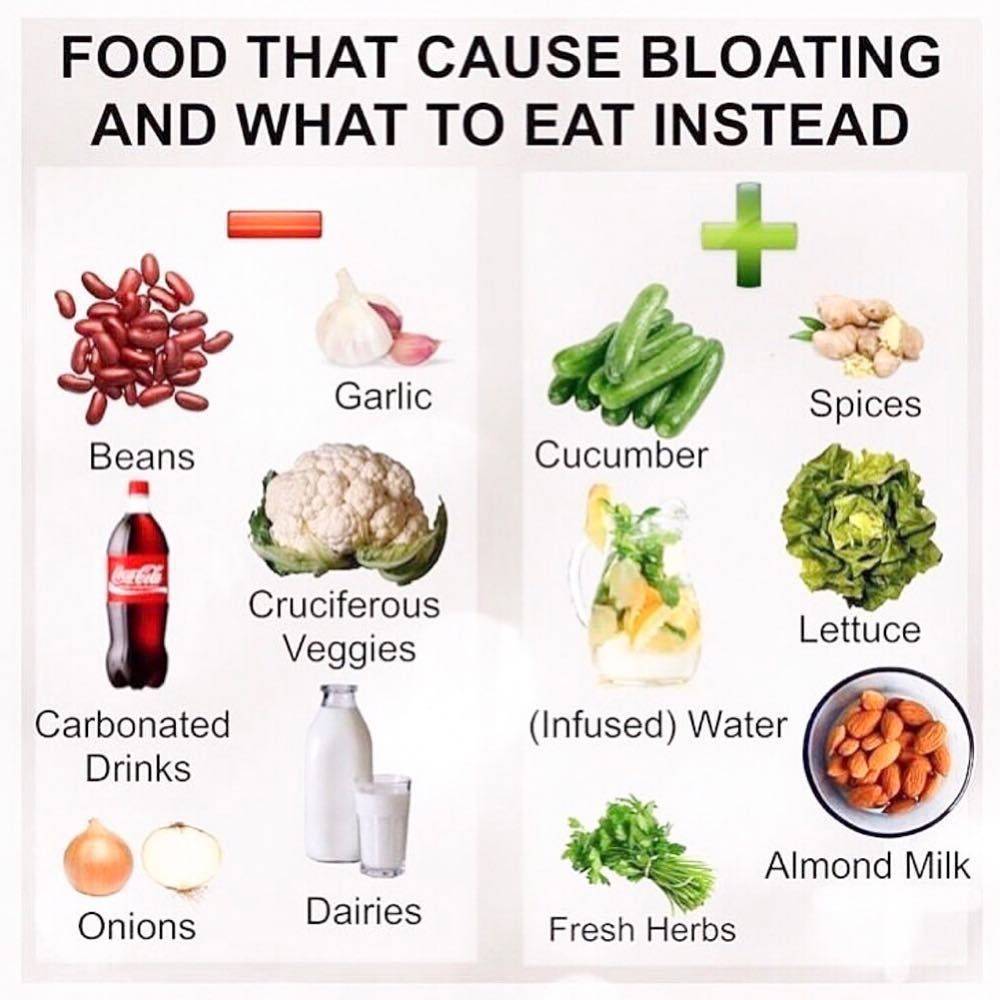
Tips To Decrease Stomach Gas And Bloating
Sometimes when you are in public places, in a meeting, or having a chat with your friends or relatives, you feel embarrassed of passing out gas as a fart or burping with a sound. And at times, when you have a special occasion, bloating may be very inconvenient, especially if you are trying to fit into your favorite pair of pants.
You are not alone; we all have been in such situations. In otherwise healthy folks, passing gas 10 to 20 times per day is quite normal. Bloating is one of the most frequent digestive problems. Flatulence can cause discomfort in your body. It can also make it difficult for you to relax.
This can significantly impact your daily life, especially when you are at work or out with friends. Nothing kills a good time like worrying about letting one slip by accident when experiencing an intimate moment. Excessive gas can be a bother, especially when combined with physical pain and mental tension.
If you face challenges with bloating and flatulence, please visit Dr. Samrat Jankar, a famous gastroenterologist in Pune. He has a wealth of expertise and experience in a broad spectrum of gastrointestinal procedures.
He understands the value of communication and thoroughly explains medical ailments and procedures to his patients so that they are fully informed about their health concerns. His patients feel safe under his care and medication.
Let us understand what causes bloating & Tips To Decrease Stomach Gas.
Why do I feel bloated, and how can I reduce it?

The most prevalent cause of bloating is certainly overeating. Smaller servings should help to alleviate the discomfort. Eating fatty and rich foods can cause you to feel bloated and uncomfortable.
Because fat takes more time to digest than protein or carbohydrates, it keeps you feeling fuller for longer. Limit fats in your daily diet to avoid bloating.
The feeling of bloatedness after a meal increases when you eat too quickly. The solution is simple: eat slowly. It can take up to 20 minutes for satisfaction signals to reach the brain and suppress hunger. Many dietitians believe that eating slowly helps to prevent overeating.
Oligosaccharides are indigestible carbohydrates found in beans and lentils. Bacteria in the intestines must break down these carbohydrates.
Whole grains, which are recommended for their numerous health advantages, can occasionally induce bloating and gas.
The high fiber content of whole grains is one of the reasons they are so nutritious. Fiber, on the other hand, is a non – digestible carbohydrate. Gas and constipation might occur if you suddenly increase your fiber intake.
Some fruits and vegetables high in sugars and carbs can cause bloating and gas. These include apricots, prunes, cauliflower, cabbage, and carrots.
Gas or bloating can occur if your digestive system cannot process certain foods, such as lactose (a sugar found in dairy products), or proteins found in wheat and other grains, such as gluten. It may be tough to pass gas if you have constipation, and this will make your stomach bloat.
In India, paneer is used in a lot of dishes. It is high in lactose, and overeating can cause bloating. In his blog, Dr. Samrat Jankar, a renowned gastric doctor in Pune, has explained the effects of overeating paneer on our digestive health.
If you are prone to bloating induced by gas, consider avoiding these habits that encourage you to swallow more air:
- Sucking hard candy
- Sipping through a straw
- Chewing gum
- Drinking carbonated beverages
- Talking while chewing
The following are symptoms of flatulence and bloating:

- Excessive burping
- Pain or cramps in your abdomen
- Passing gas
- A sense of feeling full or bloated in the stomach
- Significant increase in the size of your stomach
Conclusion
Simple dietary and lifestyle modifications can often make a significant difference. But before we go into that, there is a crucial point to remember. If you have highly uncomfortable chronic bloating that is out of the ordinary for you, it could be a sign of something more serious.
It’s always a good idea to rule out more significant issues before making those food and lifestyle changes. Although bloating and flatulence is common to all of us, you need to pay attention if you experience any of the following symptoms as it may be some underlying condition:
|
|
If you or your loved one has the above symptoms, get in touch with Dr. Samrat Jankar, a highly experienced gastroenterologist in Pune. He will assess the situation and recommend the best course of action.
